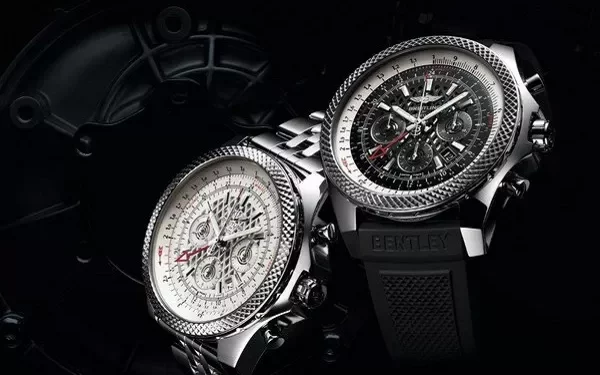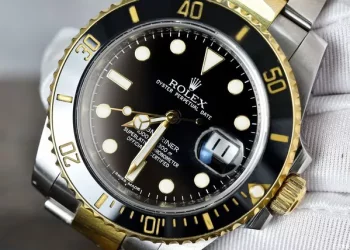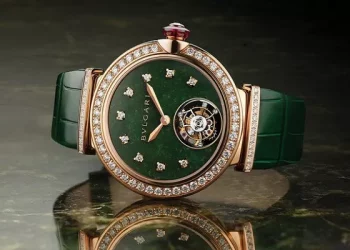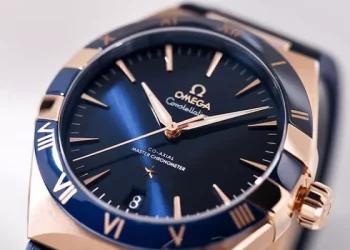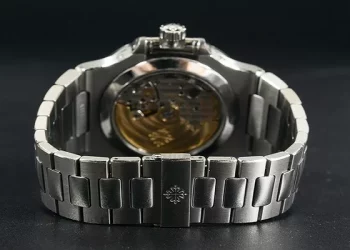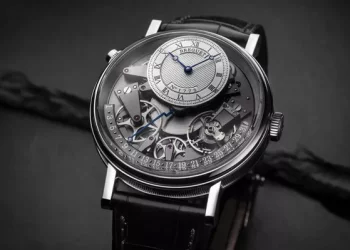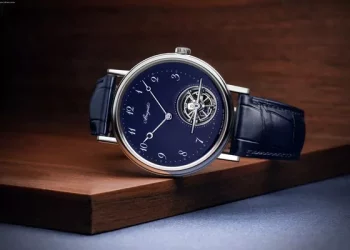Automatic watches and mechanical watches are both popular types of timepieces, but they differ in the way they keep time. While mechanical watches require manual winding, automatic watches are self-winding and don’t need to be wound by hand. Let’s explore the differences between these two types of watches in more detail.
Mechanical Watches
Mechanical watches have been around for centuries and are often seen as works of art. They’re powered by a mainspring that must be manually wound by the wearer. As the mainspring unwinds, it drives a series of gears that power the watch‘s hands. Mechanical watches are known for their accuracy and the craftsmanship required to make them.
One of the biggest advantages of mechanical watches is their longevity. With proper care and maintenance, a mechanical watch can last for generations. They also have a unique appeal because of their intricate designs and the satisfaction of winding the watch yourself.
However, mechanical watches have a few downsides. For one, they can be expensive because of the craftsmanship required to create them. Additionally, if the watch isn’t wound properly, it can lose accuracy or stop running altogether. Finally, mechanical watches often require regular maintenance and cleaning to keep them running properly.
Automatic watches, also known as self-winding watches, are similar to mechanical watches in many ways. However, they have a rotor that rotates with the wearer’s movements, which winds the mainspring and keeps the watch running. This means that automatic watches don’t need to be wound by hand, as the wearer’s daily movements are enough to keep the watch running.
The main advantage of automatic watches is their convenience. They don’t require the same level of manual winding as mechanical watches, which makes them more practical for everyday wear. They’re also less likely to lose accuracy due to improper winding.
However, automatic watches also have their downsides. They can be more expensive than traditional quartz watches, and they often require more maintenance than quartz watches as well. Additionally, if you don’t wear the watch regularly, the watch may stop running due to lack of movement to power the rotor.
Conclusion
Both automatic and mechanical watches have their advantages and disadvantages, and the choice ultimately comes down to personal preference. If you value the craftsmanship and aesthetics of a traditional watch, a mechanical watch may be the right choice for you. If you’re looking for a watch that’s practical and convenient, an automatic watch may be a better fit. Regardless of your preference, both types of watches can offer accurate timekeeping and an appreciation for the intricacies of watchmaking.

